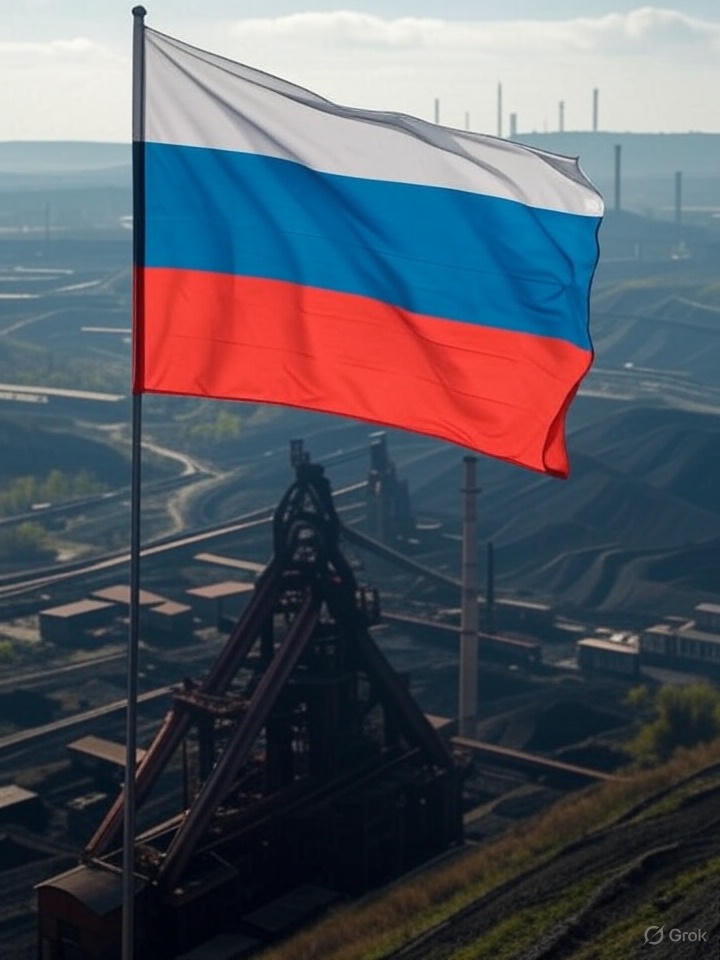Donbas is critical to Vladimir Putin for several interconnected reasons, rooted in strategic, economic, political, and symbolic factors. Here’s a concise breakdown:
- Geopolitical Buffer: Donbas, comprising Donetsk and Luhansk in eastern Ukraine, borders Russia and serves as a strategic buffer against NATO and Western influence. Controlling it helps Putin maintain a foothold in Ukraine, preventing its full integration into Western alliances.
- Economic Value: The region is rich in coal, steel, and heavy industry, historically contributing significantly to Ukraine’s economy. Controlling Donbas gives Russia access to these resources and weakens Ukraine economically by depriving it of a key industrial hub.
- Ethnic and Cultural Ties: Donbas has a significant Russian-speaking population and historical ties to Russia. Putin uses this to justify intervention, claiming to “protect” Russian speakers, which bolsters his narrative of restoring Russian influence over historically connected territories.
- Domestic Political Leverage: The Donbas conflict fuels Putin’s image as a defender of Russian interests, rallying nationalist support at home. It distracts from domestic issues and reinforces his strongman persona by portraying Russia as reclaiming its sphere of influence.
- Destabilizing Ukraine: Supporting separatists in Donbas keeps Ukraine unstable, hindering its aspirations for EU and NATO membership. A weakened, divided Ukraine aligns with Putin’s goal of preventing a strong, pro-Western neighbor.
- Symbolic Imperial Ambitions: Donbas is part of Putin’s broader vision of a restored Russian sphere of influence, often tied to the concept of “Novorossiya” (New Russia). Controlling it symbolizes reclaiming territories he views as historically Russian.
These factors combine to make Donbas a focal point for Putin’s broader strategy of asserting Russian power, undermining Ukraine, and countering the West.
